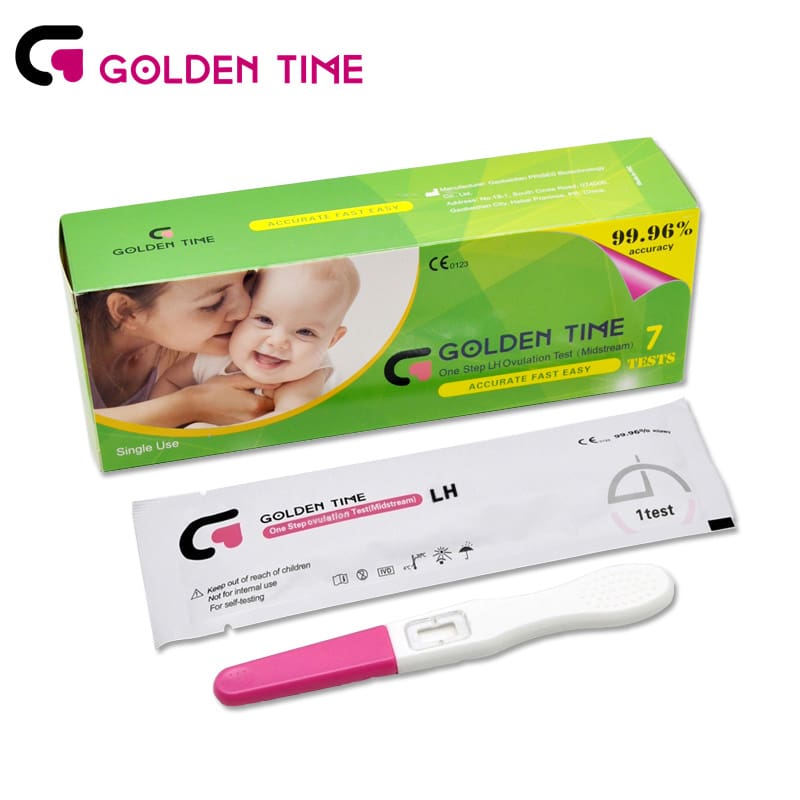Oct . 12, 2024 18:38 Back to list
best fsh follicle stimulating hormone
Understanding the Role of FSH A Focus on Best Practices for Follicle Stimulation
Follicle-stimulating hormone (FSH) is a critical hormone in the regulation of the reproductive system, particularly in women. Produced by the pituitary gland, FSH plays a vital role in the growth and maturation of ovarian follicles. These follicles are essential as they contain the eggs that are necessary for reproduction. This article explores the importance of FSH and outlines best practices for optimizing follicle stimulation in assisted reproductive technologies.
Understanding the Role of FSH A Focus on Best Practices for Follicle Stimulation
For women facing fertility challenges, understanding how to optimally stimulate follicle development is essential. Assisted reproductive technologies, such as in vitro fertilization (IVF), often utilize FSH injections to enhance ovarian response. These hormonal treatments need to be carefully monitored to ensure that an appropriate number of follicles develop without leading to hyperstimulation, a condition that can have serious health implications.
best fsh follicle stimulating hormone

Best practices for administering FSH include individualized treatment plans based on a patient’s medical history, hormone levels, and response to previous fertility treatments. Monitoring through blood tests and ultrasounds is critical in gauging the effectiveness of FSH therapy and making necessary adjustments. By tracking follicular growth and hormone levels, healthcare providers can optimize doses to ensure the best outcomes.
In addition to hormonal treatment, lifestyle factors can also impact FSH levels and overall fertility. Maintaining a balanced diet, regular exercise, and managing stress levels can significantly contribute to reproductive health. Women considering IVF or other fertility treatments should discuss these lifestyle factors with their healthcare provider to develop a comprehensive strategy for enhancing their fertility.
In conclusion, follicle-stimulating hormone is indispensable in the journey toward conception. For those seeking to maximize their chances of successful ovulation and pregnancy, understanding FSH and its role in follicle development is essential. By adhering to best practices in monitoring and treatment, individuals can significantly improve their fertility outcomes, paving the way for their desired family growth.
-
Malaria Pf Ag Rapid Test Kit - Quick & Accurate Detection
NewsAug.11,2025
-
Accurate Cardiac Marker CK-MB Rapid Test for Quick Results
NewsAug.10,2025
-
Premium Empty ABS Plastic Cassette for Test Strips
NewsAug.09,2025
-
Sterile Urine Cup: Accurate Specimen Collection for Labs & Home
NewsAug.08,2025
-
Malaria Pf/Pan Ag Rapid Test Kit for Fast, Accurate Diagnosis
NewsAug.07,2025
-
Rapid Canine Corona Test: Fast & Accurate Results
NewsAug.06,2025

